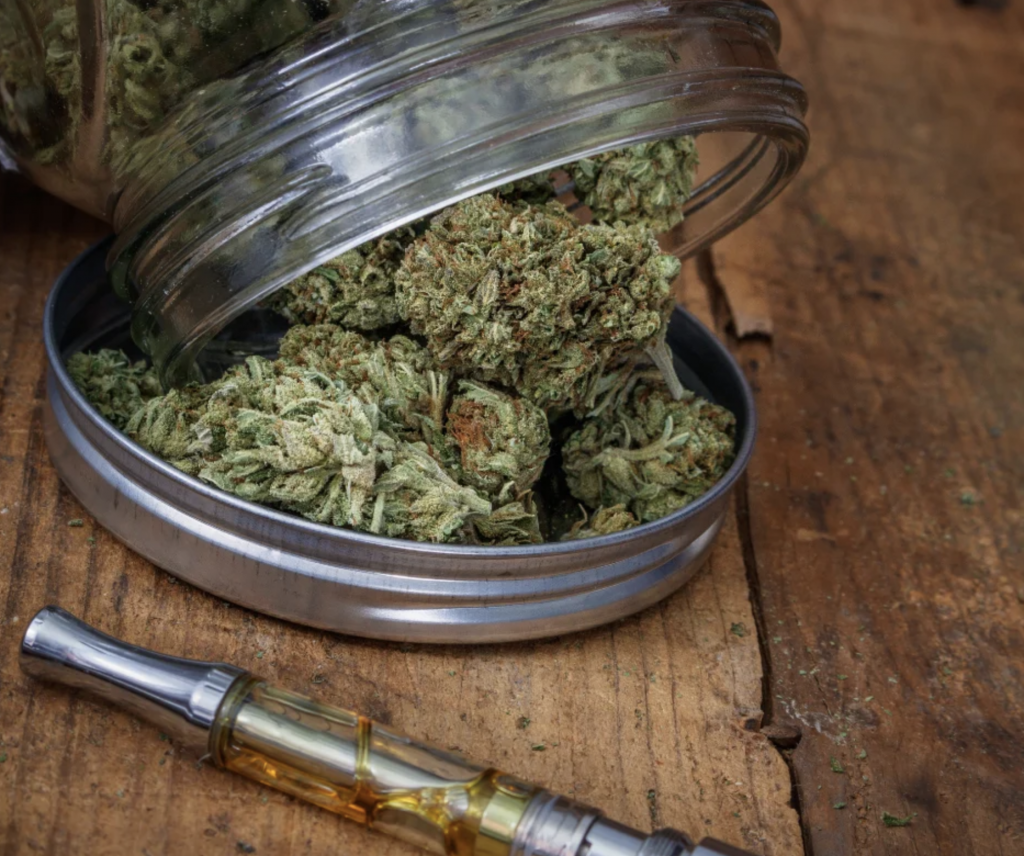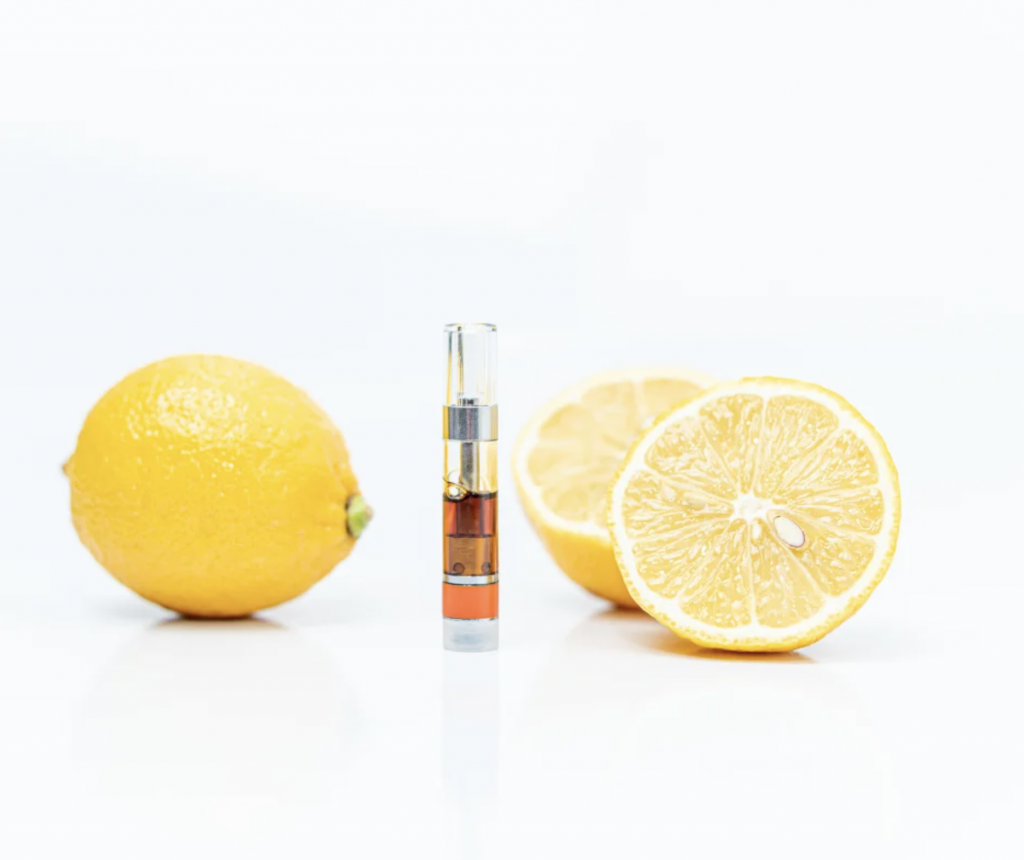
On April 6th of, 2016, Pennsylvania Governor Tom Wolf legalized medical cannabis in the state. According to medical cannabis laws in Pennsylvania, dispensaries are allowed to sell a 30-day supply of medical cannabis to patients with a valid medical cannabis card. A record of the transaction must be kept on file. During the last seven days of a 30-day supply, medical cannabis patients are allowed to purchase their next 30-day supply.
Pennsylvania laws on medical cannabis are confusing, irritating, and show the red flags of a controlling partner in a relationship. According to NORML, patient possession limits are as follows: “90-day supply- as initially enacted, only cannabis-infused pills, oils, topical ointments, tinctures or liquids were allowed. On April 16th, 2018, the State Health secretary approved an advisory board recommendation to permit dispensaries to also begin providing herbal cannabis. Under the rule change, patients are permitted to vaporize herbal cannabis, but are still prohibited under the law from smoking.”
In February 2022, the Pennsylvania Department of Health issued a large-scale recall and ban on cannabis vape carts. The reasoning was simply that they contained additives not approved for inhalation. The mandatory recall and ban affected 670 types of cannabis concentrates. 330,000 units that were previously approved to be sold in Pennsylvania’s legal medical cannabis market were taken off of shelves immediately. This involved over 150 cannabis dispensaries.
Banned Out of the Blue
Medical cannabis patients in Pennsylvania were given no warning. Companies were also blindsided by this move by the Pennsylvania Department of Health. Medical cannabis companies in Pennsylvania say collectively they are looking at about 17 million dollars in losses due to the recall.
Patients and medical cannabis businesses across Pennsylvania received great news on June 15th, 2022, when Pennsylvania Commonwealth Court Judge Michael J. Wojcik overturned the controversial recall. A partner with Hawke McKeon and Snyiscak LLP of Harrisburg, Judith D. Cassel, told the media, “We are thrilled about this decision. The vapes can go immediately back on the shelves and the grower processors can continue or commence producing these Vapes.”
According to the Philadelphia Inquirer, on June 2nd Judge Wojcik granted a preliminary injunction that overturned the recall issued by the Pennsylvania Department of Health. Without delay, on the following day, the Pennsylvania Department of Health filed a notice of appeal with the Pennsylvania Supreme Court, automatically staying the preliminary injunction. That automatic stay was suspended by Judge Wojcik. This means companies are now legally allowed to resume sales of cannabis products previously banned by the Pennsylvania Department of Health.
Why did the Pennsylvania Department of Health Recall and Ban Cannabis Vapes?
The Pennsylvania Department of Health issued a recall on vapes that contained ingredients that were not approved for inhalation. According to the health department, the additives at the center of their concern are terpenes. These terpenes are not cannabis-derived terpenes but rather terpenes that come from fruits and other plants. Terpenes like beta-caryophyllene are found in black peppercorns, linalool is prominent in lavender, and limonene can be found in a wide variety of citrus peels and other plants.
Just because these terpenes have the same name as cannabis doesn’t mean they are the same as terpenes derived from cannabis itself. During the extraction process, terpenes are often destroyed. In order to give cannabis extracts their flavor back, terpenes must be reintroduced to the product. The problem is that most places don’t put cannabis terpenes back in cannabis products. It is much cheaper to buy terpenes that come from other plants and add them than it is to retain the natural terpenes and reinstate them into a vape product.
If you are purchasing a medical cannabis product, don’t you believe that it should contain medical cannabis? Would you want to purchase a cannabis vape cart that was mainly created from lavender plants? Is this the reason we have to have all these regulations? Is this just the Pennsylvania Department of Health’s way of nitpicking? Some might wonder how they can be so concerned about the potential inhalation of other plant-based terpenes yet not have a more authoritative stance towards chemically altered hemp-derived CBD in the form of Delta 8.

What About Delta-8 THC
With all the legalities surrounding the legal cannabis industry in Pennsylvania, the aspects of Delta 8 seem to be being overlooked by state regulators. The Department of Health claimed they were concerned about the potential inhalation of unimproved additives with cannabis vape products. These additives in question are basically natural plant compounds from other plants called terpenes.
Delta 8 THC is created by converting CBD via a chemical process using glacial acetic acid. According to the National Institute of Health, this is a weak acid but still can cause harm or even death if it comes in contact with human tissue. How are they not worried about this stuff? Delta-8 even escapes the realm of having to undergo testing. Without regulation or testing required, you never know what you’re getting. You would think this would poise an area of concern for the Department of Health.
Allowing for cannabis to be vaped but not smoked seems a little strange to this writer as well. Whether you are for or against something isn’t the point here. A country built on the principles of freedom and democracy should not allow a government to have that form of control. Vaping cannabis can be done in the form of dry herb vaporizers. Using an electronic device and a vape cartridge isn’t the only way to vape cannabis. Telling me that it’s okay for me to use my dry herb vaporizer, but it is against the law for me to roll a joint seems a bit much. It’s easy to see why the state of Pennsylvania is in such confusion when it comes to cannabis and cannabis regulation.
Cannabis legalization is bringing a plethora of knowledge and information with it. Breaking down the stereotypes of nearly eight decades of reefer madness propaganda is difficult. The stereotypes placed on cannabis by this form of propaganda are built on a foundation of falsehood. The United States federal government still considers cannabis a schedule 1 drug with no accepted medical value and a high potential for addiction. Yet the FDA has approved one cannabis-based drug and three synthetic cannabis drugs. I would say that qualifies as having medical value, but apparently, our political representatives are too blind, deaf, stubborn, and set in their ways of promoting their own private agendas to realize this.
Cannabis is Medicine
Cannabis is medicine. It has the potential to help manage a multitude of different symptoms from a wide variety of different conditions. Alcohol, tobacco, street, and prescription drugs are America’s recreational choices. According to a report on CNBC, cancer medicines and pain drugs are two of the largest pharmaceutical classes globally. According to a senior analyst with Mizuho Securities USA, “there were about 300 million pain prescriptions written in 2015.” Additionally, America is said to consume roughly 80% of the global opioid supply!
Why are lawmakers so against people reaching for cannabis versus prescription drugs, tobacco, and alcohol? It wouldn’t have anything to do with contributors, would it? It seems that alcohol, tobacco, and the pharmaceutical industries are some of the big contributors to many political campaigns. Could it be that our elected representatives are actually bought and paid for by these corporations? It would be so much easier if the federal government would just end its decades-long stance supporting marijuana prohibition. It was built on a foundation of lies, it supports racism, and it’s wrong.
For now, medical cannabis patients in Pennsylvania can take a breath of fresh air or a puff off of a cannabis vape cartridge if they choose. Do you think that the Pennsylvania Department of Health is in the right to issue a recall and ban on cannabis vapes over non-cannabis terpenes being added to them? How do you feel about buying cannabis vape cartridges? Do you believe they should only contain cannabis and cannabis terpenes?
Disclaimer: The information, including but not limited to, text, graphics, images and other material contained in this article is for informational purposes only. No material from this article is intended to be a substitute for professional medical advice, diagnosis, or treatment. Always seek the advice of your physician or other qualified health care provider with any questions you may have regarding a medical condition or treatment before undertaking a new health care regimen. Never disregard professional medical advice or delay in seeking it because of something you have read on this website.
